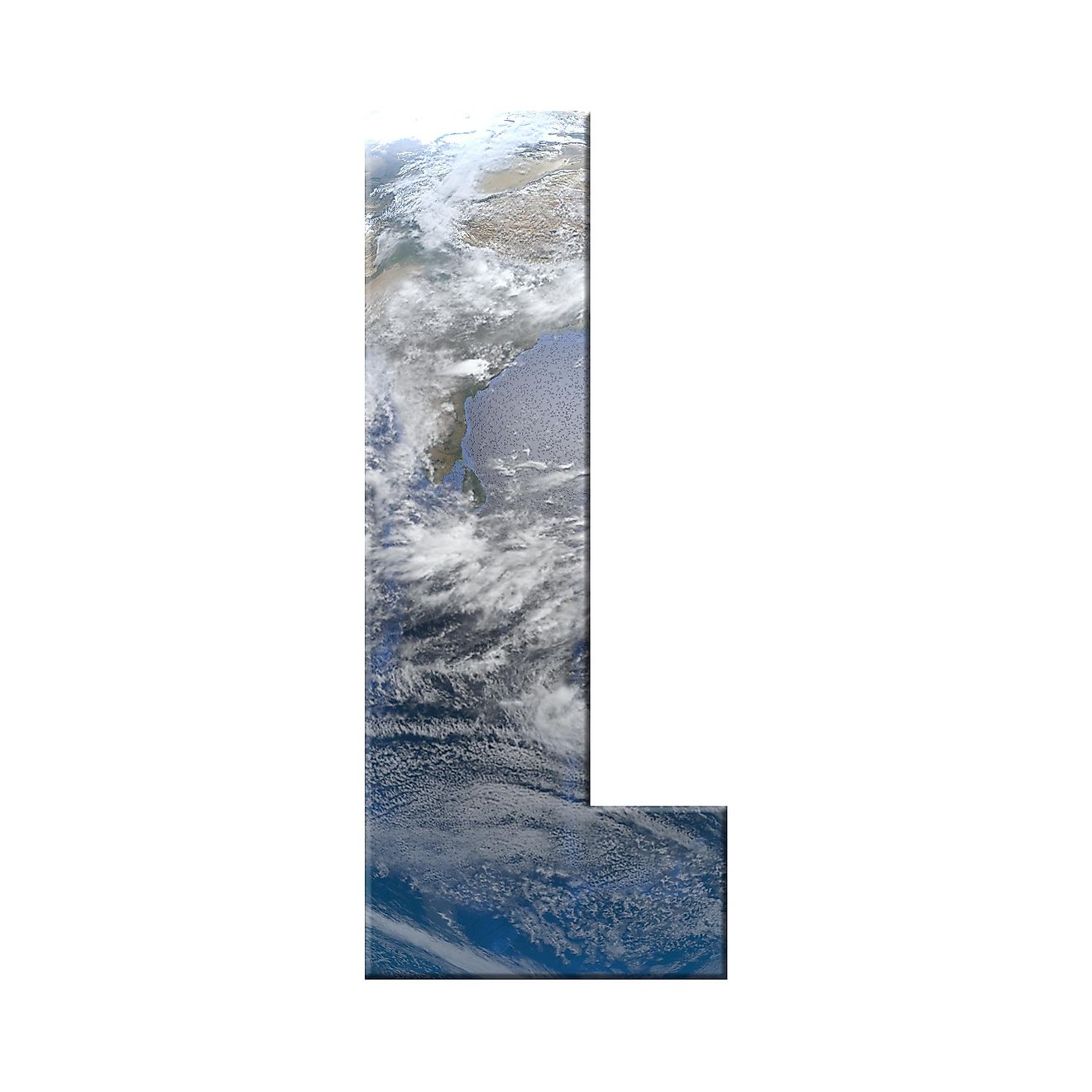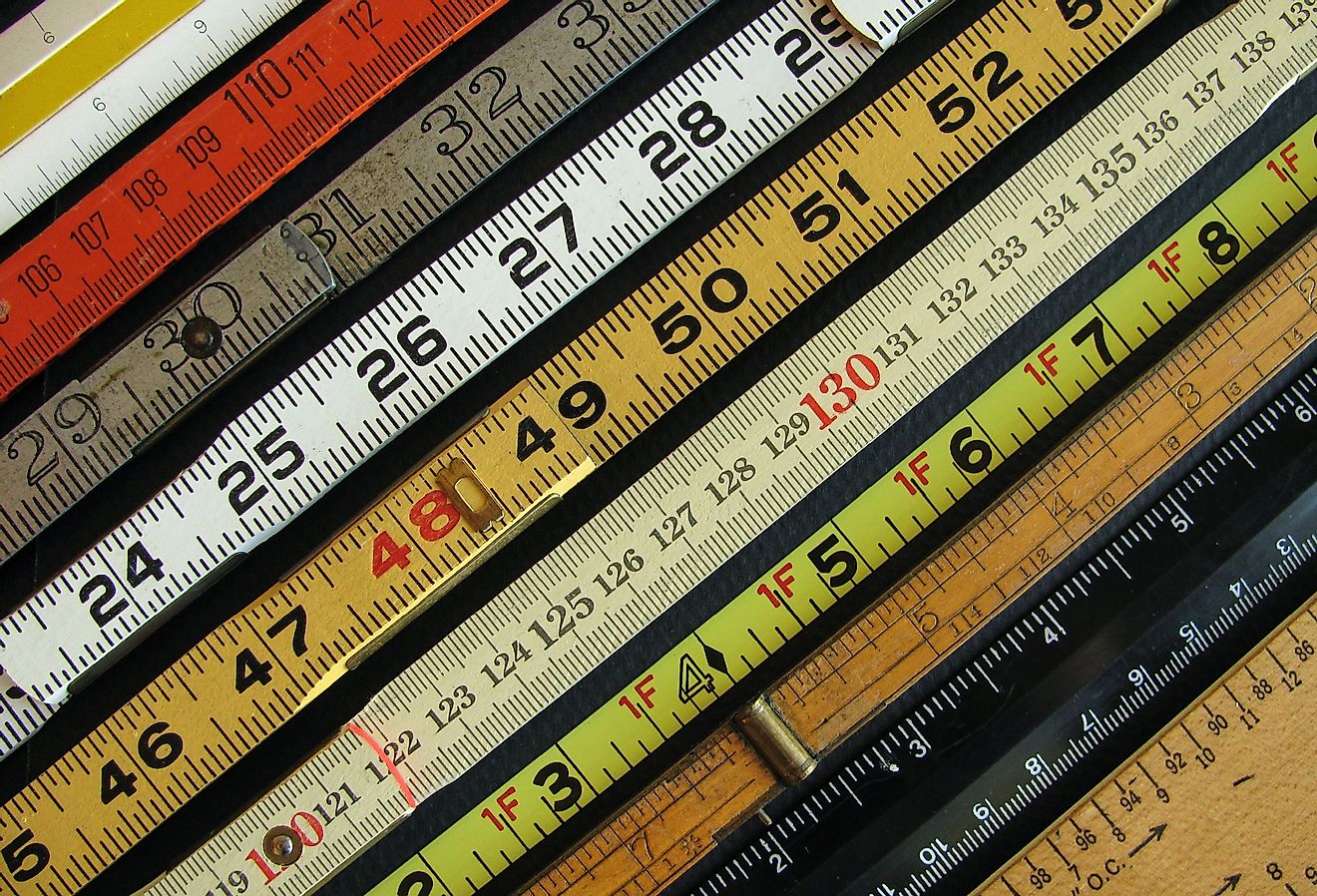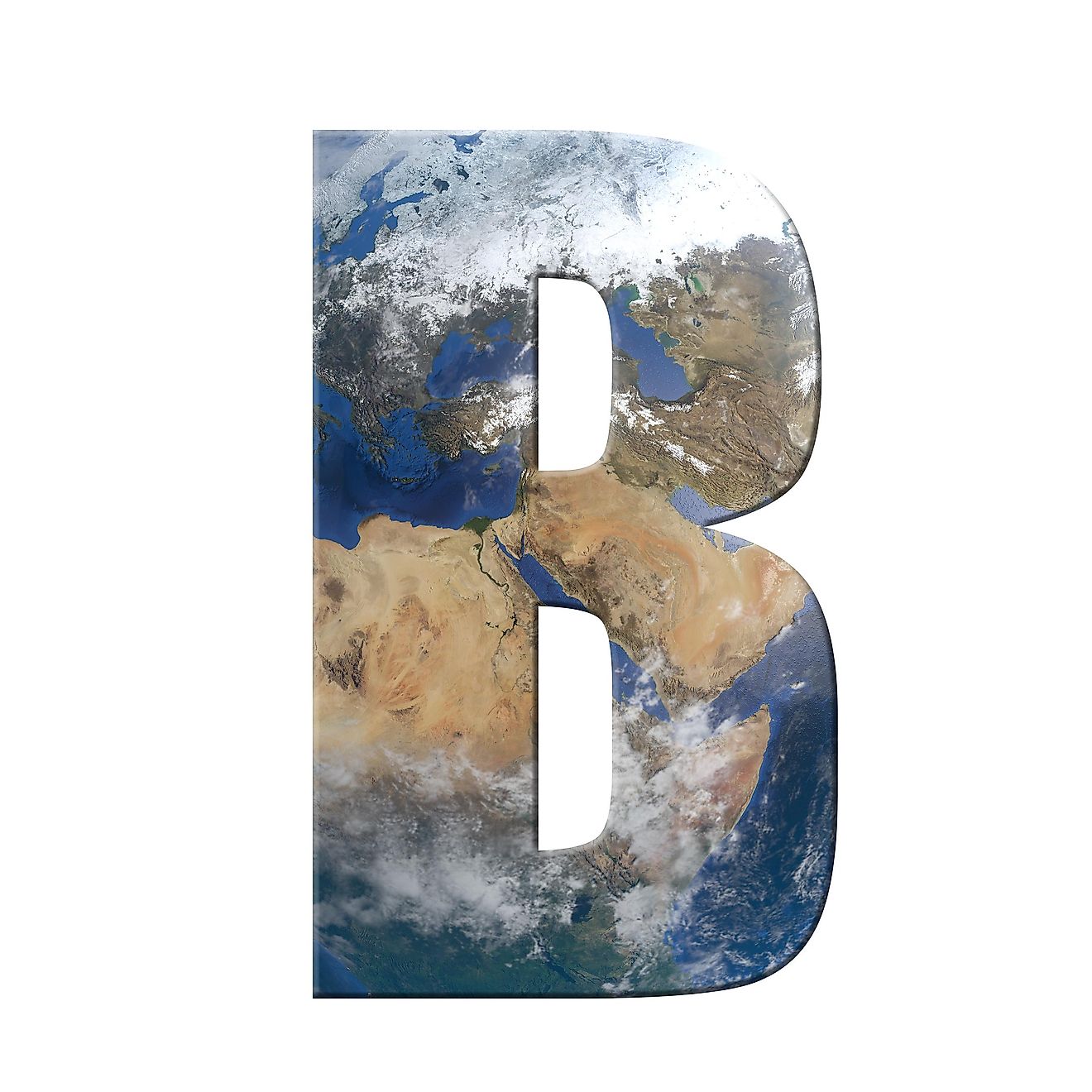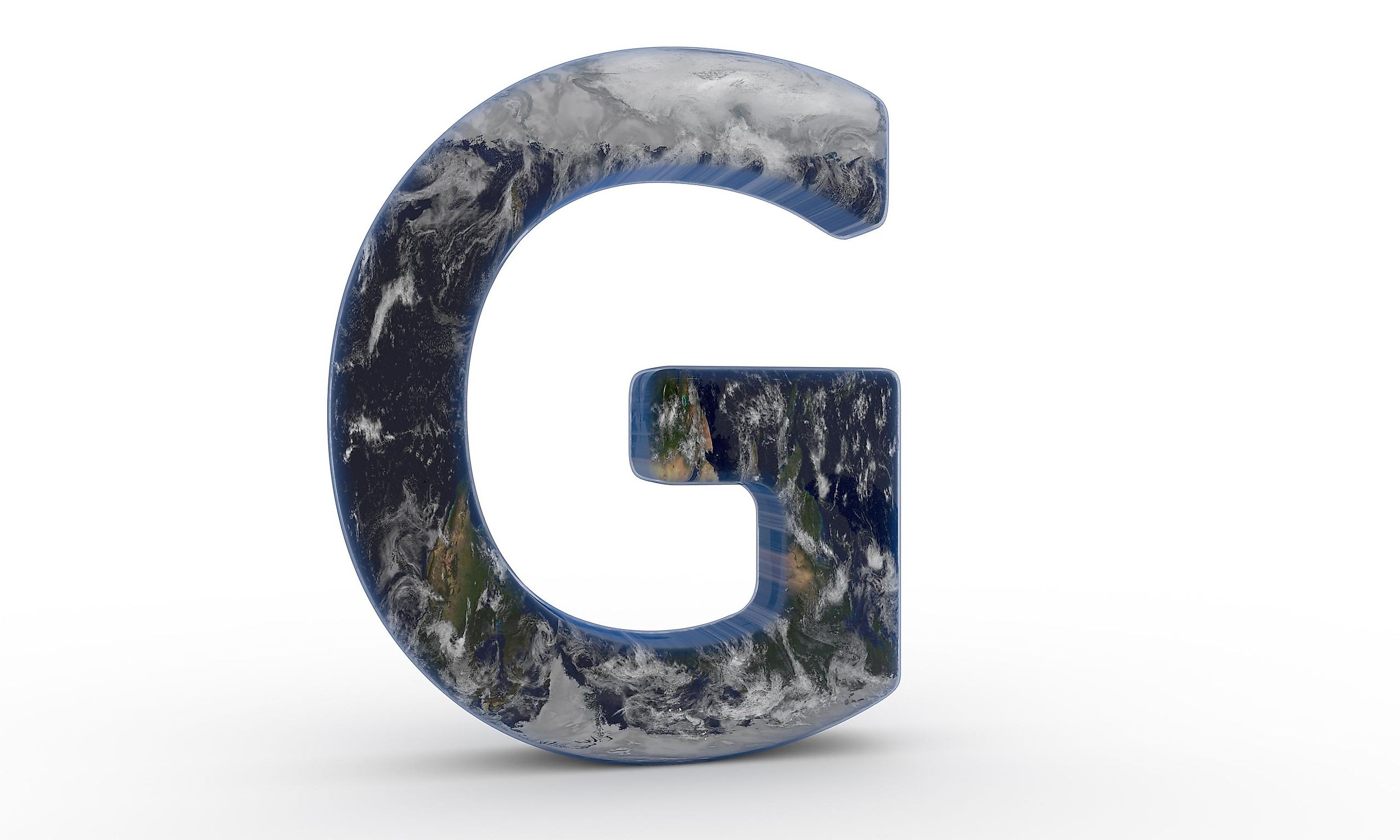
Countries That Start With The Letter G
Of the 195 countries in the world, 11 countries start with the letter "G." However, when we say the name of these countries, each individual sound is called a phoneme. Think of a phoneme as the special sound that a letter can make in different words. These particular countries start with two different "G" sounds: /g/ like in "gate," and /dʒ/ like in "judge."
The "G" sounds at the beginning of these countries' names are pretty common! In fact, they are used in 57% of over 3,000 languages and dialects spoken around the world.
Also, did you know that in English, the letter "G" shows up in about 2.03% of all the words we use? So dig in, because discovering how these 3 countries got their names that start with "G" is a fascinating trip through culture and time.
All Countries That Begin With The Letter G
| Country | Population | G Phoneme |
|---|---|---|
| Gabon | 2,436,566 | /g/ |
| Gambia | 2,773,168 | /g/ |
| Georgia | 3,728,282 | /dʒ/ |
| Germany | 83,294,633 | /dʒ/ |
| Ghana | 34,121,985 | /g/ |
| Greece | 10,341,277 | /g/ |
| Grenada | 126,183 | /g/ |
| Guatemala | 18,092,026 | /g/ |
| Guinea | 14,190,612 | /g/ |
| Guinea-Bissau | 2,150,842 | /g/ |
| Guyana | 813,834 | /g/ |
Gabon
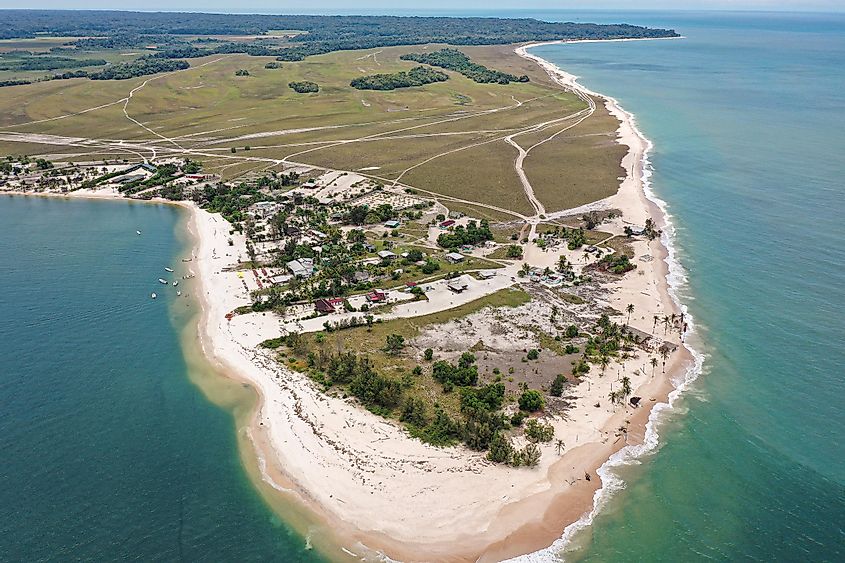
The name Gabon was derived from the gabão, the Portuguese word for "cloak", which is roughly the shape of the estuary Komo River in Libreville. French is the official and main language used by the Gabonese. However, the Fang language is also a common mother tongue to approximately 30% of Gabonese.
Gabon is located along the Atlantic coast of Central Africa and is bordered by Equatorial Guinea, Cameroon, and The Republic of the Congo. Gabon is home to many tribes of people, most of whom speak a Bantu language.
Gambia
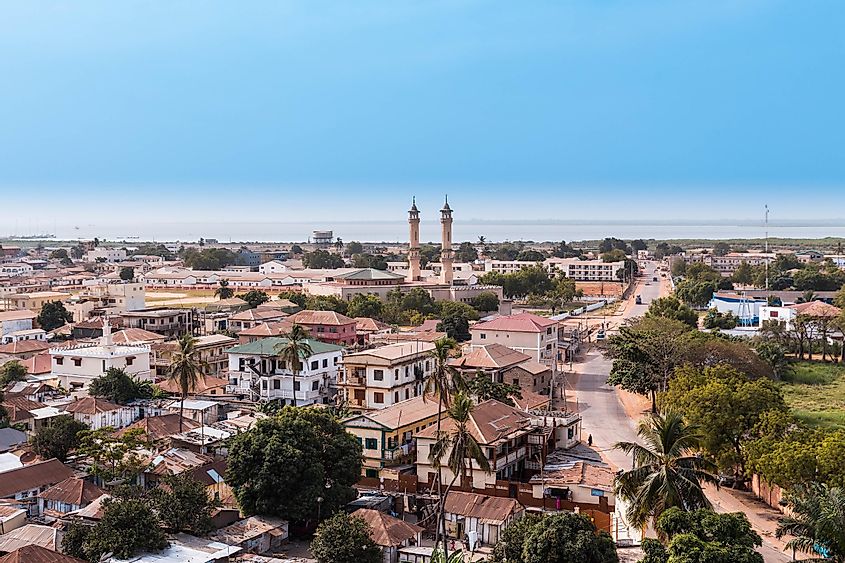
Officially called The Gambia, the name Gambia was coined from the Mandinka word ‘Kambaa’ which is used to refer to the Gambia River. The Gambia River passes through the center of the country and empties its water into the Atlantic Ocean.
The Gambia's only land border is with its neighbor Senegal which totally surrounds Gambia. Banjul is the capital city of Gambia. The Gambia, like most African countries, is made up of dozens of ethnic groups. The Diola, Malinke, Wolof, and the Fulani are the four largest in the Gambia.
Georgia
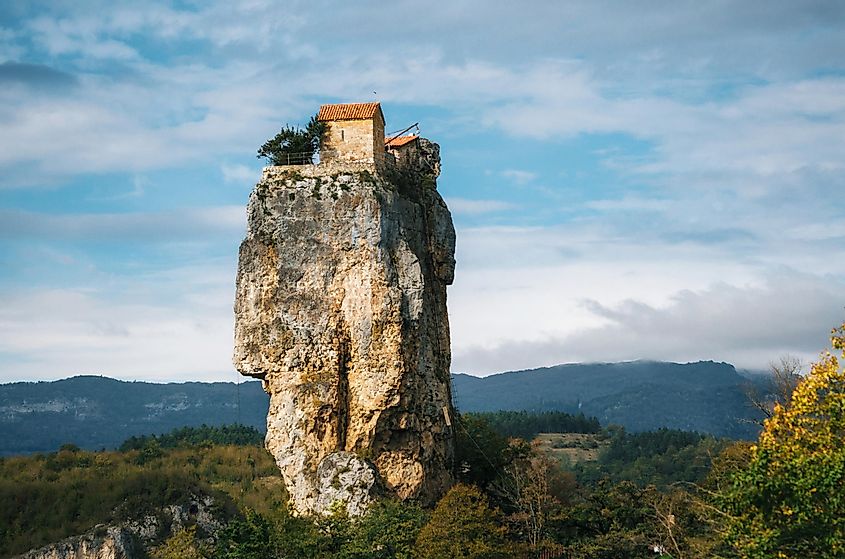
Though not clear to many etymologists, the name Georgia is said to have been derived from the term gurğān, which was commonly used by the Persians to refer to the Georgians in the 11th and 12th centuries.
Georgia is located in the Caucasus region of Eurasia. The capital city of Georgia is Tbilisi and is also the largest. The George people refer to themselves as Kartveli. Georgia is largely homogeneous but does have significant minority groups of Russians, Azerbaijanis, Persians, and Armenians.
Germany
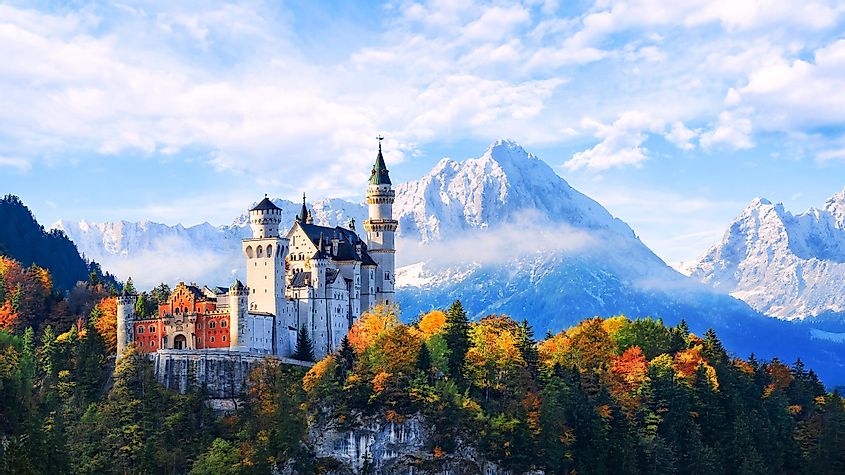
Germany gets its English name from the Latin word 'Germania'. This name was given to the land by none other than Julius Caesar during his conquest in the 1st century BC. The Germans themselves refer to their own country as ‘Deutschland’.
Found in the heart of Central Europe, Germany remains a powerhouse of the European Union. One of the richest countries on Earth, Germany has long been a destination for other Europeans looking for better opportunities and greener pastures.
Ghana
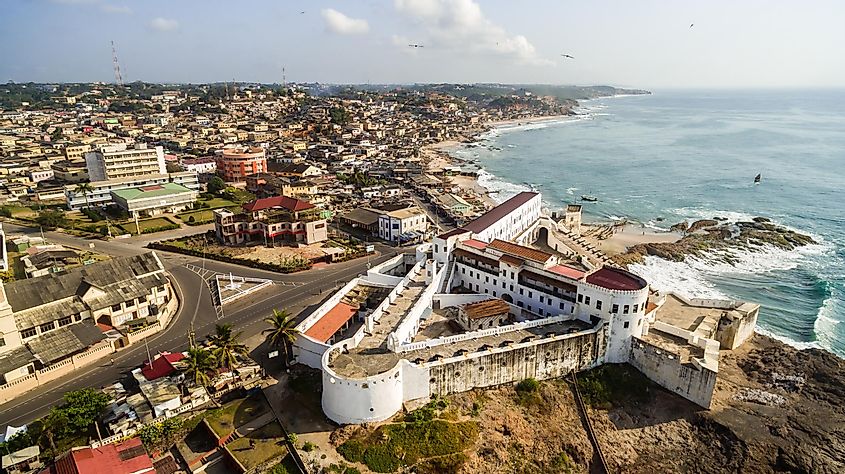
Ghana is a word that means ‘warrior king’ in the Soninke language. The term was used to refer to the King of the Ghanaian Empire in the Medieval Period. Ghana was the first Subsaharan country to gain its independence from a colonial power in 1957.
Ghana is one of the more influential countries in West Africa with a respectable economy and large population relative to its size. Ghana is quite multi-ethnic but is largely dominated by the Akan people who consist of nearly 50% of the total population.
Greece
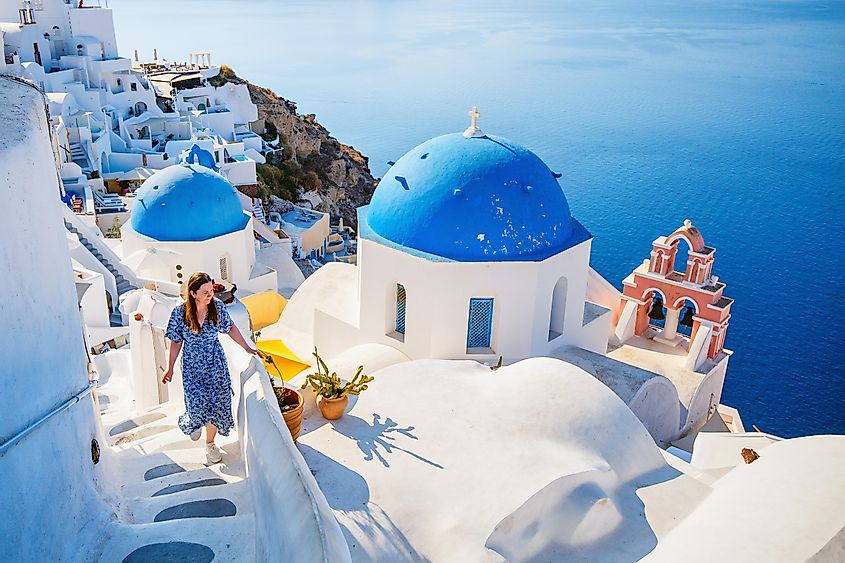
The Greek name for Greece is Hellas. The name Greece was derived from the Latin term ‘Graecia’, which was used by the Romans to refer to the land occupied by the Greeks. It is this Latinized name that most languages base their name for modern-day Greece.
Greece is located in the south of the Balkan Peninsula. The Greek people and culture are considered to be some of the oldest in the world and are often credited with creating what would eventually be labeled as Western culture as far back as the Bronze Age.
Grenada
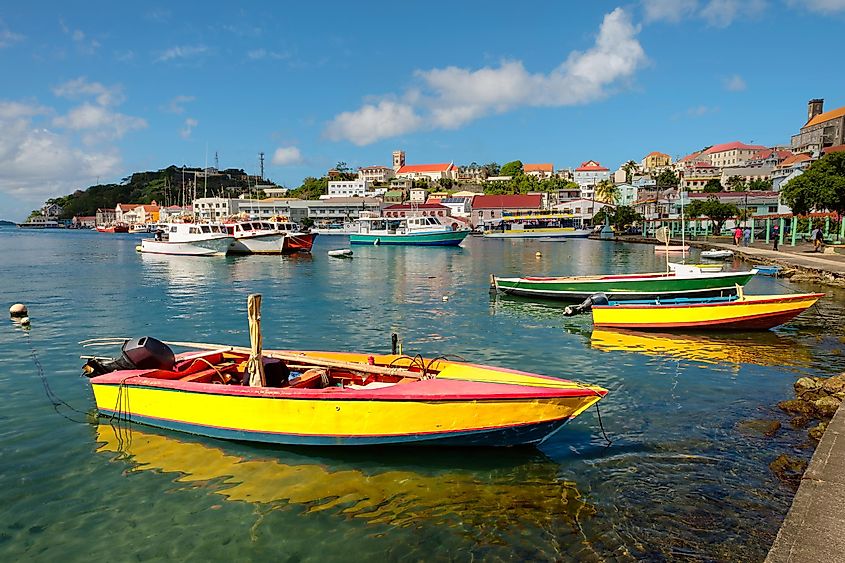
Grenada is also commonly referred to as the ‘Island of Spice’ due to its vast production of nutmeg and mace crops. The origins of the name Grenada are not clear but it is largely accepted by historians that the island gained its name from Spanish sailors and explorers who named it after the Spanish city of Granada.
Grenada can be found in the Caribbean Sea just north of South America. The island's population is largely made up of Africans who descend from slaves who were brought there by European powers to farm sugar cane and tobacco. Grenada was under French and British rule for centuries until it finally gained independence in the 1970s.
Guatemala
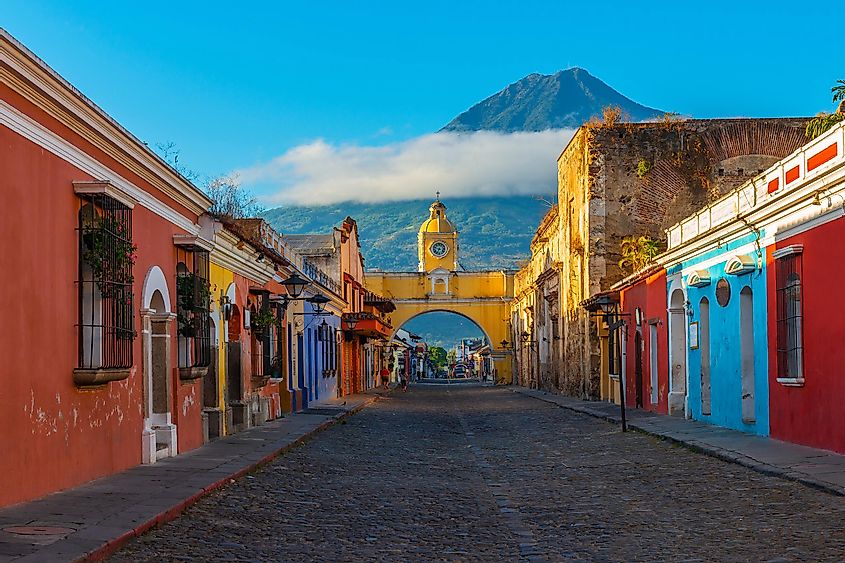
The name "Guatemala" comes from the Nahuatl word "Cuauhtēmallān" which means "place of many trees". To be more precise, the term refers to an area with lots of cute trees. Guatemala still holds its indigenous culture in high regard despite being under Spanish rule for so long.
Guatemala is a small country located in Central America which borders Mexico, Belize, Honduras, and El Salvador. The population of Guatemala is surprisingly diverse with many pre-Columbian peoples living here. The majority of Guatemalans are considered to be mestizo, someone of mixed Spanish and Indigenous backgrounds.
Guinea
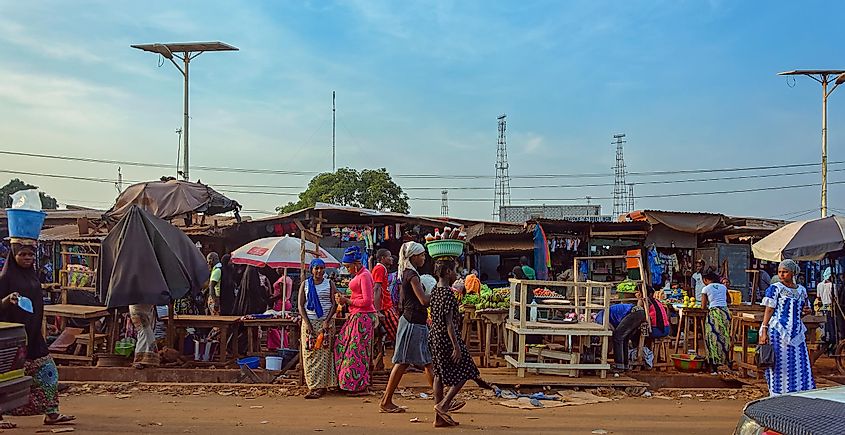
The English name “Guinea” was derived from a Portuguese word and was used to refer to the Africans who inhabited the Senegal River. Guinea was formerly known as French Guinea. It is also referred to as Guinea-Conakry to distinguish it from Equatorial Guinea and Guinea-Bissau.
Located in West Africa, Guinea is nestled along the Atlantic coast. It borders the other country of Guinea-Bissau, Sierra Leone, Liberia, Senegal, Côte d'Ivoire, and Mali. Surprisingly to some, Guinea is a majority Muslim country with nearly 90% of its population adhering to Sunni Islam.
Guinea-Bissau
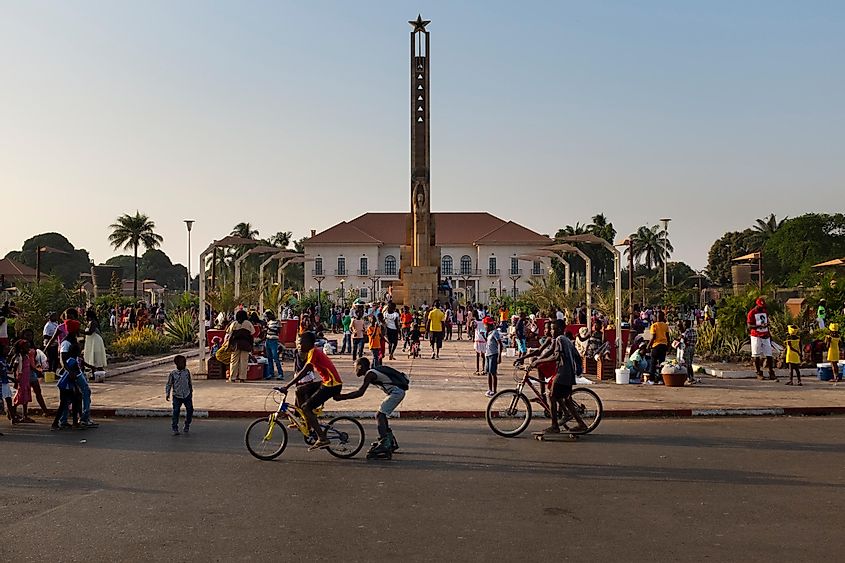
Previously referred to as only Guinea, Bissau was added to the name Guinea to distinguish it from French Guinea. The area that would become Guinea-Bissau first came into contact with the Portuguese in the 15th century. Despite this relationship, they had forged with the Portuguese, in the 1800s the area ultimately fell into French control.
Also located along the Atlantic coast of West Africa, Guinea-Bissau shares a border with Guinea and Senegal only. Its religious makeup is more diverse than its southern neighbor with large portions of its citizens practicing Christianity, Islam, and traditional Animism.
Guyana
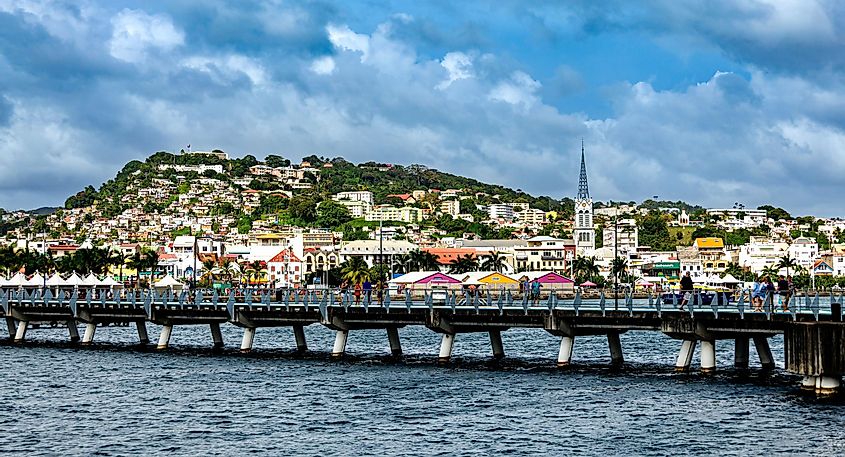
Guyana, officially known as the Co-operative Republic of Guyana, the name Guyana was derived from "Guiana," a term from the indigenous Amerindian language that means “land many waters. Guyana can be found in the northern tip of South America next to Venezuela, Brazil, and Suriname.
Guyana has some of the more unique demographics in the Americas. Guyana is home to a significant Indian population whose ancestors arrived in the region as indentured servants. As a result, nearly a quarter of Guyanas are Hindus with the rest belonging to other Christian denominations.
There are 11 countries on the planet that begin with the letter G. Despite all beginning with the same letter, many of the G's are pronounced quite differently.
These countries can be found all around the world. Asia, South America, Europe, and North America are all home to some of these countries. Each of these countries has its own unique flavor of culture, food, and history.
